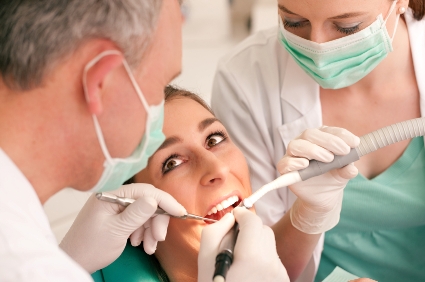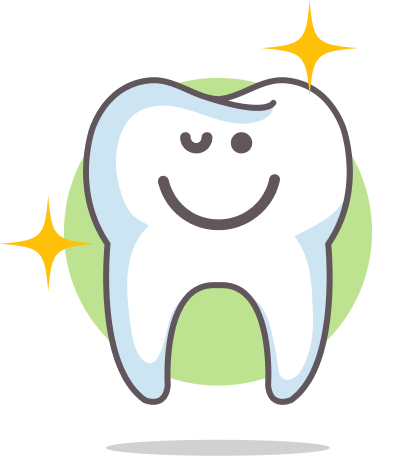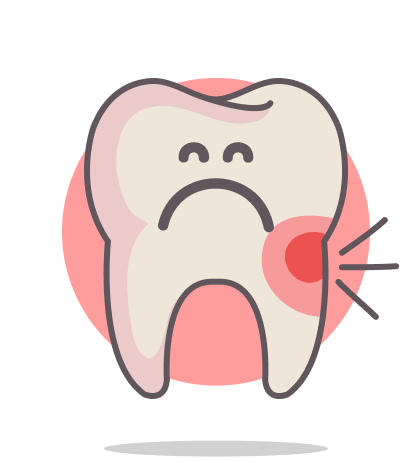Tooth Extraction: When Is It Necessary and What to Do After
If a tooth is damaged caused by decay or injury, the dentist repairs it with a tooth filling, dental crown, or other dental treatments. However, if the affected tooth cannot be fixed, tooth extraction is needed to prevent further damage and discomfort.
Tooth extraction is a common procedure that both kid and adult patients have undergone. Below are the reasons why it becomes necessary.

Crowded teeth. There are times when a dentist needs to remove the tooth to prepare the mouth for orthodontic treatment. The purpose of orthodontic treatment includes aligning the teeth, close the gaps between teeth and correct bite problems. In addition, extraction is also considered if a tooth cannot break through the gum because there is not enough space in the mouth.
Infection. If the decay or damage has penetrated to the pulp, it can be fixed with root canal treatment. But, if the infection is too severe that even root canal treatment and antibiotics cannot help, extraction may be needed to prevent the infection from spreading.
Risk of infection. If the immune system is weakened, for example, a person going through chemotherapy, the risk of infection in a particular tooth is reason enough why the tooth should be extracted. Tooth extraction is also necessary when a person is suffering from periodontal disease, an infection of the tissues and bones that causes the teeth to loosen.
Injury due to trauma or accident. When an accident happens like a car collision, and the patient requires dental treatment, the first option is to preserve the teeth through dental bonding, crowns, bridges, and more. However, if teeth acquired serious damages, an extraction will be required.
After undergoing a tooth extraction, aftercare must be observed to quicken the healing period and help minimize discomfort or reduce the risk of infection.
- After the procedure, the dentist will place the gauze pad to reduce the bleeding. Bite on it firmly but gently to allow a clot to form in the socket. Remember to change the gauze pad before it becomes soaked with blood.
- Rest for at least 24 hours.
- Eat only soft foods such as soup, pudding, or yogurt.
- In the first 24 hours, do not drink from a straw and refrain from rinsing or spitting forcefully. Doing so can dislodge the clot that formed in the socket.
- After 24 hours, rinse your mouth with warm salt water.
- Apply an ice bag on the affected side of the face to keep down the swelling.
- Do not smoke as this can delay the healing time.
- Prop your head with pillows when lying down. Lying flat may prolong the bleeding.
- Continue practicing oral hygiene but be sure to be careful and avoid the extraction site. Brushing and flossing the teeth can help prevent infection.
Looking for a safe and pain-free procedure? Book an appointment with Twin Lakes Dental Care. Call or visit us at 11315 Lebanon Rd., Mt. Juliet, TN 37122. We have a caring and dedicated staff to help you feel pleasant during your Teeth Extractions in Mt. Juliet, TN.




